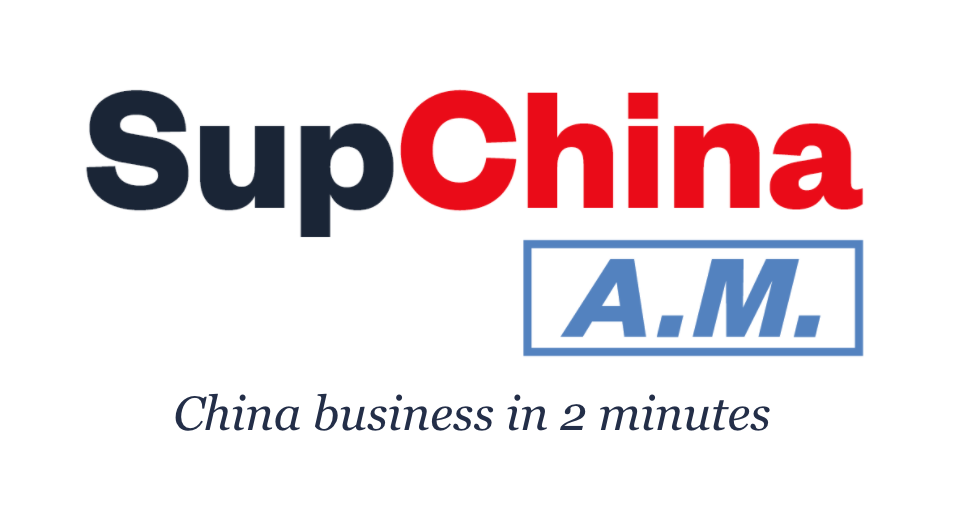After Didi, a great homecoming may soon be upon us
A story from the The China Project A.M. newsletter. Sign up for free here.

If you thought the delisting of ride-hailing giant Didi was sensational fare, then buckle up: more Chinese companies may buy their return flights in the coming year.
- Pinduoduo, the largest U.S.-listed Chinese company by market cap, could list closer to home. Beijing regulators likely see the troves of data the company has on Chinese consumption habits as a major vulnerability.
- Nio may join its EV cousins XPeng and Li Auto and file a secondary listing in Hong Kong. Data security has become a fulcrum of the electric car business ever since Beijing’s insistence last year that Tesla store data locally.
- Other potential homecomers, according to a list compiled by Bloomberg, may include online recruiting platform Kanzhun, Tencent Music, video-entertainment service iQiyi, and online housing platform KE Holdings.
The context: New York-bound Chinese companies are being forced through the eye of a needle. On one side, U.S. authorities are stepping up demands over financial disclosures. On the other, Beijing is taking more and more of a hardline stance on data disclosures as it pushes for total localization of its technology stack.
- Didi could file with the Hong Kong Stock Exchange around March, with “a seamless conversion of [American Depositary Shares] into Hong Kong-listed shares,” according to some analysts.
- A banker at Morgan Stanley told Bloomberg that many big mutual funds have already converted a majority of their American Depositary Shares into Hong Kong shares for dual listed stocks. “A natural migration to Hong Kong is taking place,” he said.
- Not all firms will delist: many Chinese companies next year are more likely to undergo some kind of restructuring. Like ByteDance this year, firms may spin off their sensitive data branches or restructure accordingly in preparation for a regulatory left-hook.
Why it matters: Diplomatic spats have serious consequences. Didi shares have fallen 60% this year, and Beijing has cut a total of $600 billion from U.S. markets in 2021. Those losses were served not just to billionaire investors and tech CEOs, but Joe’s pension and Jane’s retirement fund.






